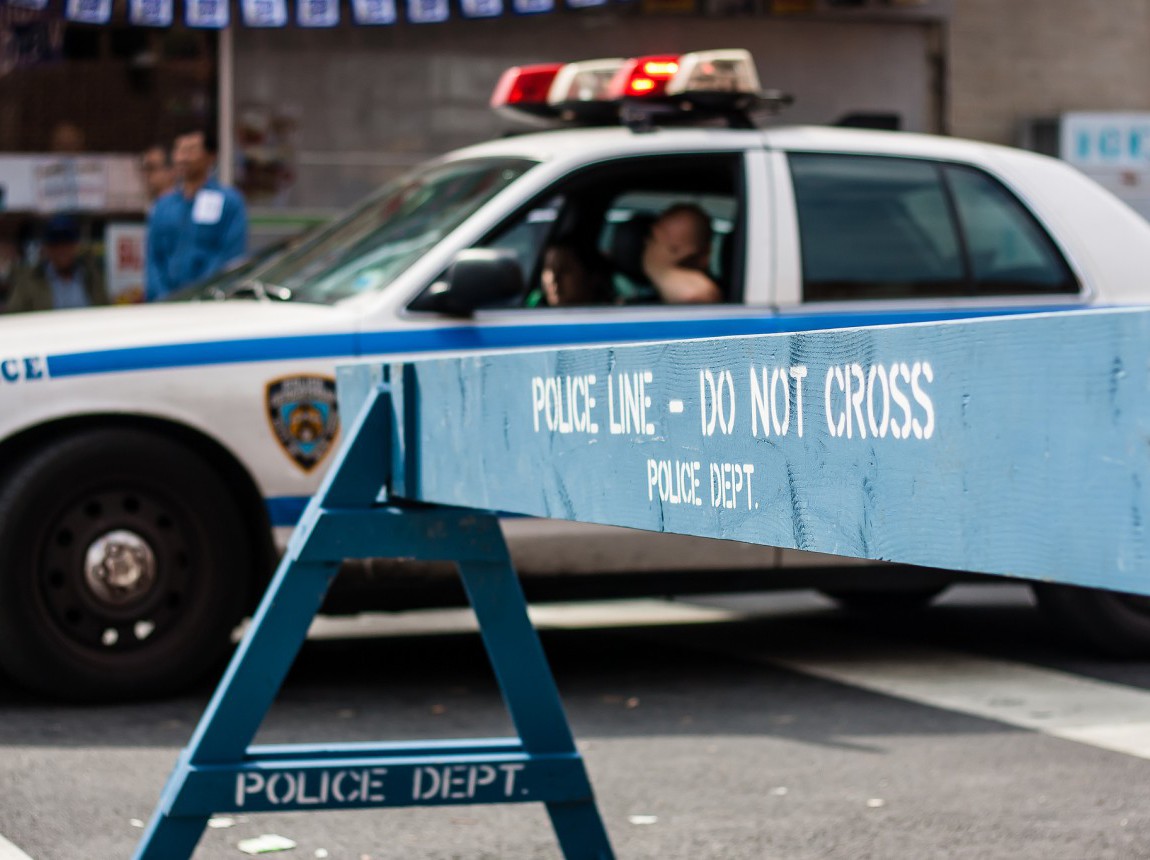Related

Sep 17,2014
How to Have Less Crime and Less Punishment
Conversations on Urbanization: Mark Kleiman & Paul Romer
by
Brandon Fuller
In October of 2013, Paul Romer and William Bratton sat down to discuss the evolution and future of policing. They focused in particular on the management lessons from Bratton's storied career leading four of the America's largest police forces, including the New York City Police Department and the Los Angeles Police Department.
City Journal recently published a dialogue based on their conversation.
PAUL ROMER:
Across the world, public safety is the most important task facing city governments. In many poor countries, crime holds back the kind of urbanization essential for economic development. Closer to home, Detroit shows us that if they can, people will flee a city that fails to provide basic public safety.
Cities with crime problems should be able to take advantage of what we have learned about the policing strategies that reduce crime. Unfortunately, they hear too often from academics and other opinion-shapers who still seem to think that policing strategies can have no effect on crime rates. This perception is totally at odds with the new understanding that has emerged among people like you, who have been in the trenches, experimenting with new approaches, and bringing down crime.
WILLIAM BRATTON:
Yes. In a democratic society, the Number One obligation of the government is public safety. And the criminal justice system is the entity charged with that responsibility. The police, through their behavior, are entrusted to enforce the law. A key challenge is to do it constitutionally. You can’t break the law while enforcing it. And in the forties, fifties, and sixties, police were breaking the law quite a lot. So that’s why we ended up with a lot of constitutional guidelines for police activity.
Read the rest of the dialogue here and view highlights from the October conversation at NYU Stern below.
Please fill out the information below to receive our e-newsletter(s).
*Indicates required.